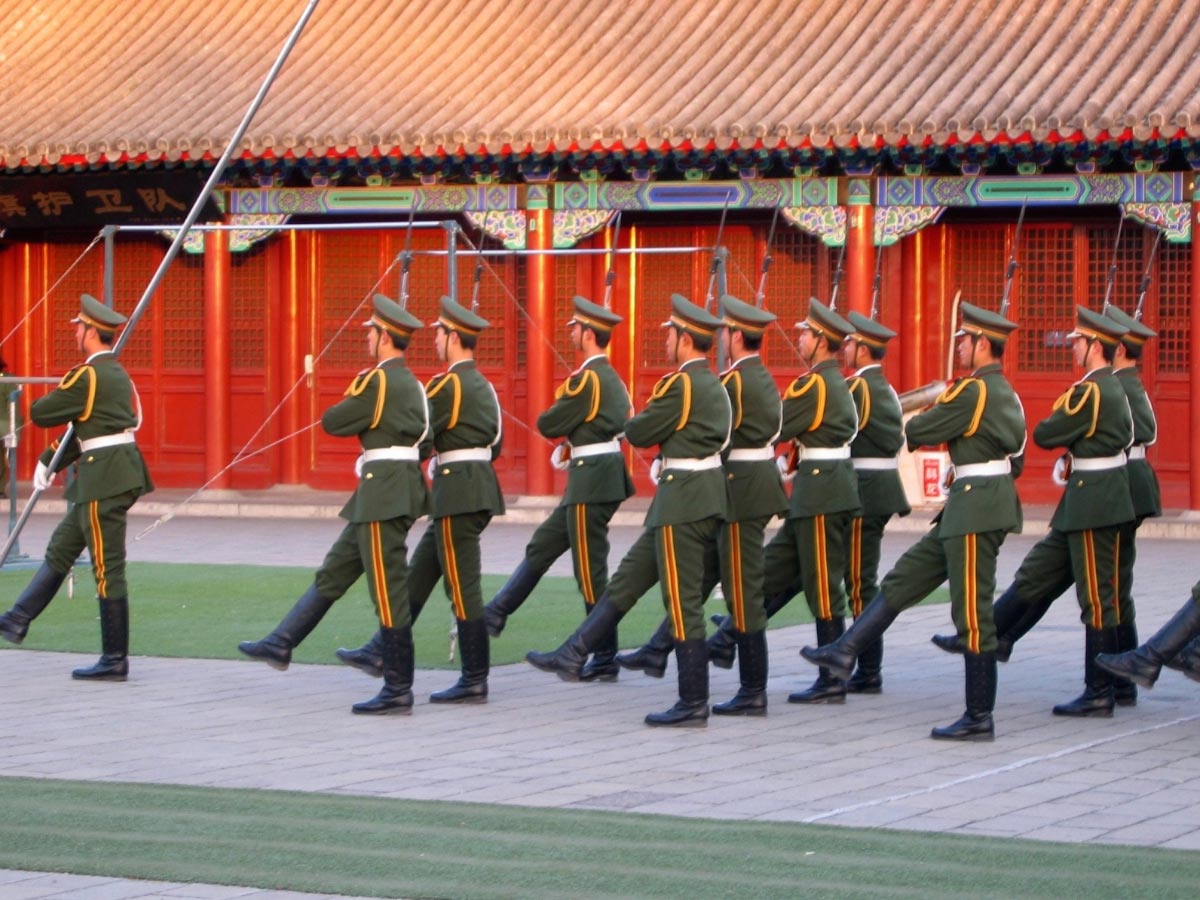(NationalSecurity.news) The Russian and Chinese navies are set to hold their largest joint exercises ever, featuring scores of warships, hundreds of troops and an amphibious landing, in what appears to be a deepening of ties meant to counter a rising U.S. military presence in Asia.
As reported by the U.S. Naval Institute (USNI), the drills – dubbed Joint Sea 2015 II – are set to begin this week and last until Aug. 28. They will take place in the Sea of Japan and off the coast of Vladivostok and will comprise more than 20 ships from the Russian Navy and the People’s Liberation Army Navy (PLAN) and includes a joint amphibious assault drill, according to state media in both countries.
“A source close to the operation said navies of the two countries will join forces to simulate anti-submarine combat and air defense and other relevant missions. A joint beach landing of troops is also planned,” read a report in the Chinese state-controlled Xinhua news service.
“The source said the drills ‘are not targeted at any third party and are not relevant to regional status-quo,’” a standard statement aimed at deflecting the drill’s relevance to the U.S. Navy’s increased presence in the region.
The USNI reported further:
“The PLAN is sending seven ships — Type 051C Luzhou-class guided missile destroyer Shenyang (115), Russian-built Sovremennyy-class guided destroyer Taizhou (138), Type 54A Jiangkai II frigates Linyi (547) and Hengyang (568), Type 071 amphibious warship Changbaishan, Type 072A tank landing ship (LST) Yunwushan (997) and Type 903 fleet oiler Taihu.”
China will also send six helicopters, five fixed-wing planes and 200 marines. Russia will send two submarines, 12 fixed-wing aircraft and 16 surface ships, according to the Xinhua report.
The exercise will be the second joint drill involving China and Russia this year, and it follows the first Joint Sea 2015 exercise held in the Mediterranean Sea in April. In advance of the first exercise, two Chinese frigates anchored at the Russian Novorossiysk naval base in the Black Sea, a first-ever for the People’s Liberation Army Navy.
In the last several years China and Russia have worked closer together via naval exercises that have grown in size and complexity. In June The Moscow Times reported that cooperation between Beijing and Moscow, which were competitors during the Cold War, could eventually create a new global order of great powers. During a visit to the Russian capital for Victory Day celebrations in May, Chinese President Xi Jinping and Russian President Vladimir Putin inked 32 deals aimed at forging closer geopolitical and economic ties.
“Essentially, we seek ultimately to reach a new level of partnership that will create a common economic space across the entire Eurasian continent,” Putin said afterward.
In addition, the growing alliance between two of the world’s biggest powers comes amid rising tensions between Russia and the U.S.-led NATO military alliance over the former’s intervention in Ukraine.
Both Great Britain and the United States have sent forces to Ukraine in training and advisory roles.
See also:


